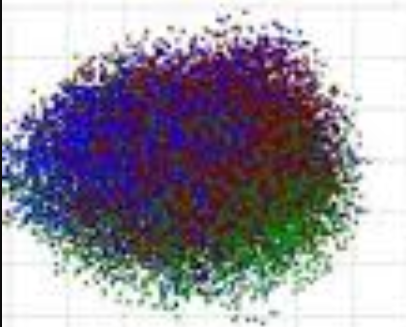Image segmentation of cross-country scenes captured in IR spectrum
PubDate: Apr 2016
Teams: Australian National University
Writers: Artem Lenskiy
PDF: Image segmentation of cross-country scenes captured in IR spectrum

Abstract
Computer vision has become a major source of information for autonomous navigation of robots of various types, self-driving cars, military robots and mars/lunar rovers are some examples. Nevertheless, the majority of methods focus on analysing images captured in visible spectrum. In this manuscript we elaborate on the problem of segmenting cross-country scenes captured in IR spectrum. For this purpose we proposed employing salient features. Salient features are robust to variations in scale, brightness and view angle. We suggest the Speeded-Up Robust Features as a basis for our salient features for a number of reasons discussed in the paper. We also provide a comparison of two SURF implementations. The SURF features are extracted from images of different terrain types. For every feature we estimate a terrain class membership function. The membership values are obtained by means of either the multi-layer perceptron or nearest neighbours. The features’ class membership values and their spatial positions are then applied to estimate class membership values for all pixels in the image. To decrease the effect of segmentation blinking that is caused by rapid switching between different terrain types and to speed up segmentation, we are tracking camera position and predict features’ positions. The comparison of the multi-layer perception and the nearest neighbour classifiers is presented in the paper. The error rate of the terrain segmentation using the nearest neighbours obtained on the testing set is 16.6+-9.17%.

